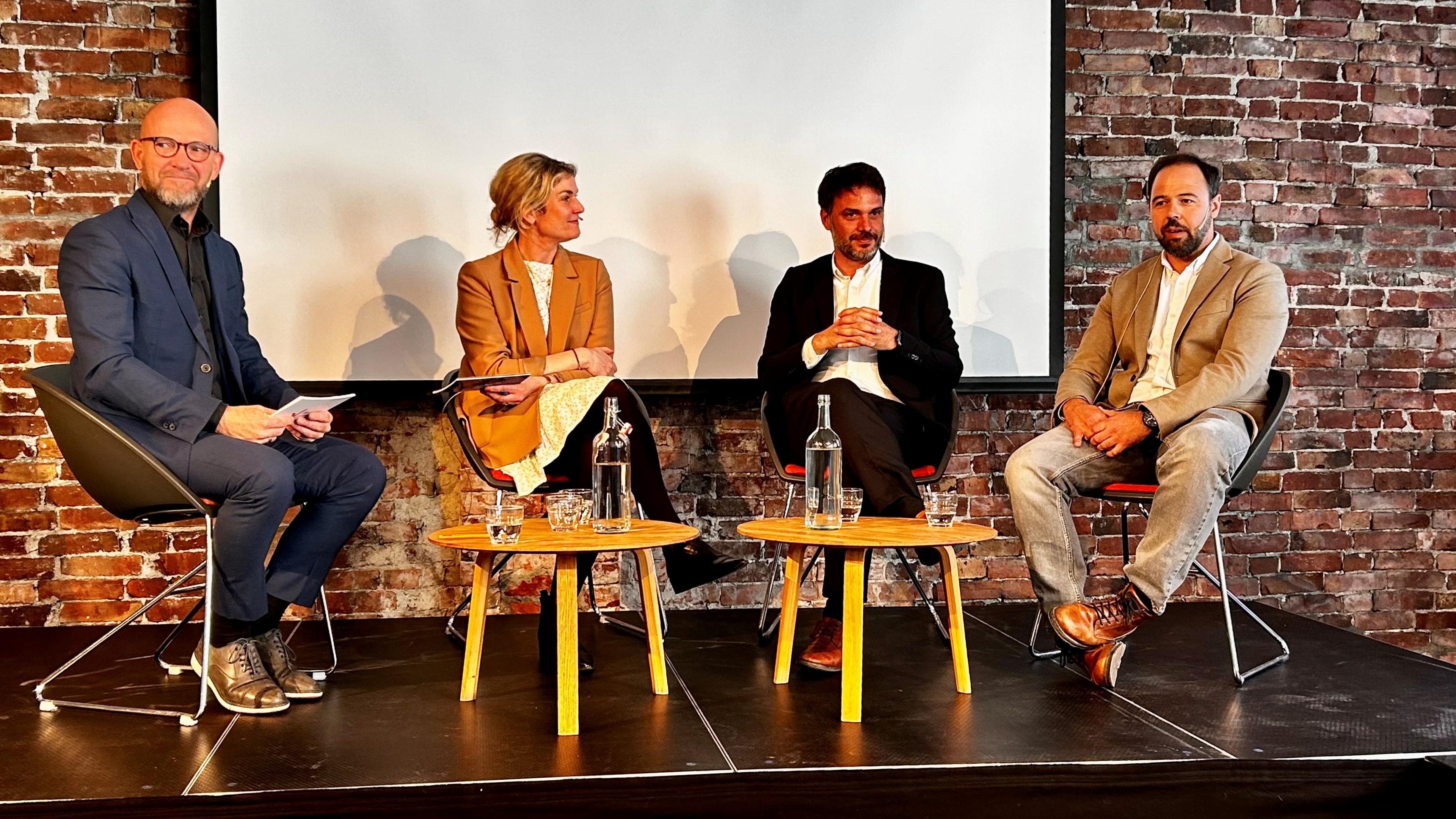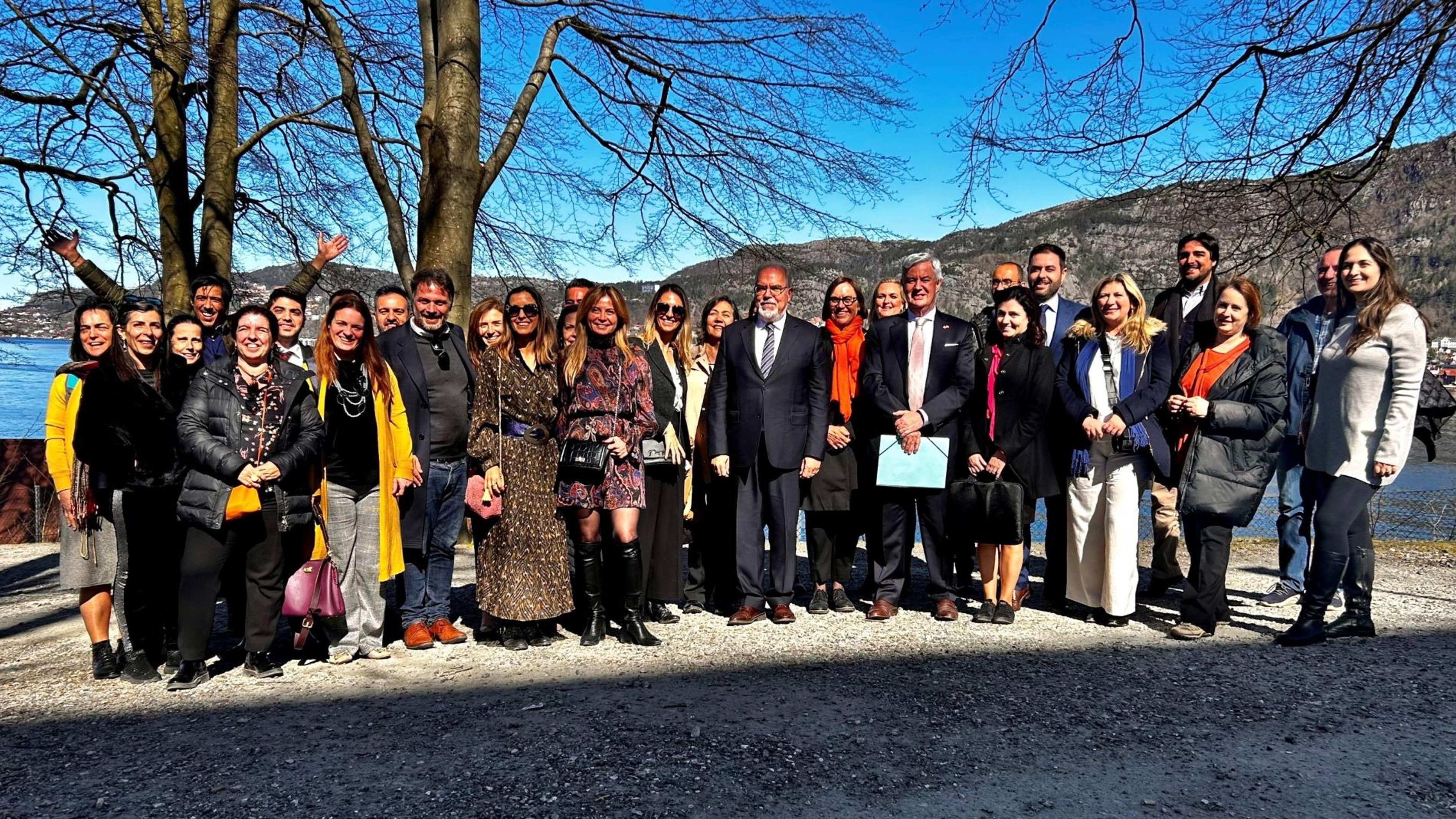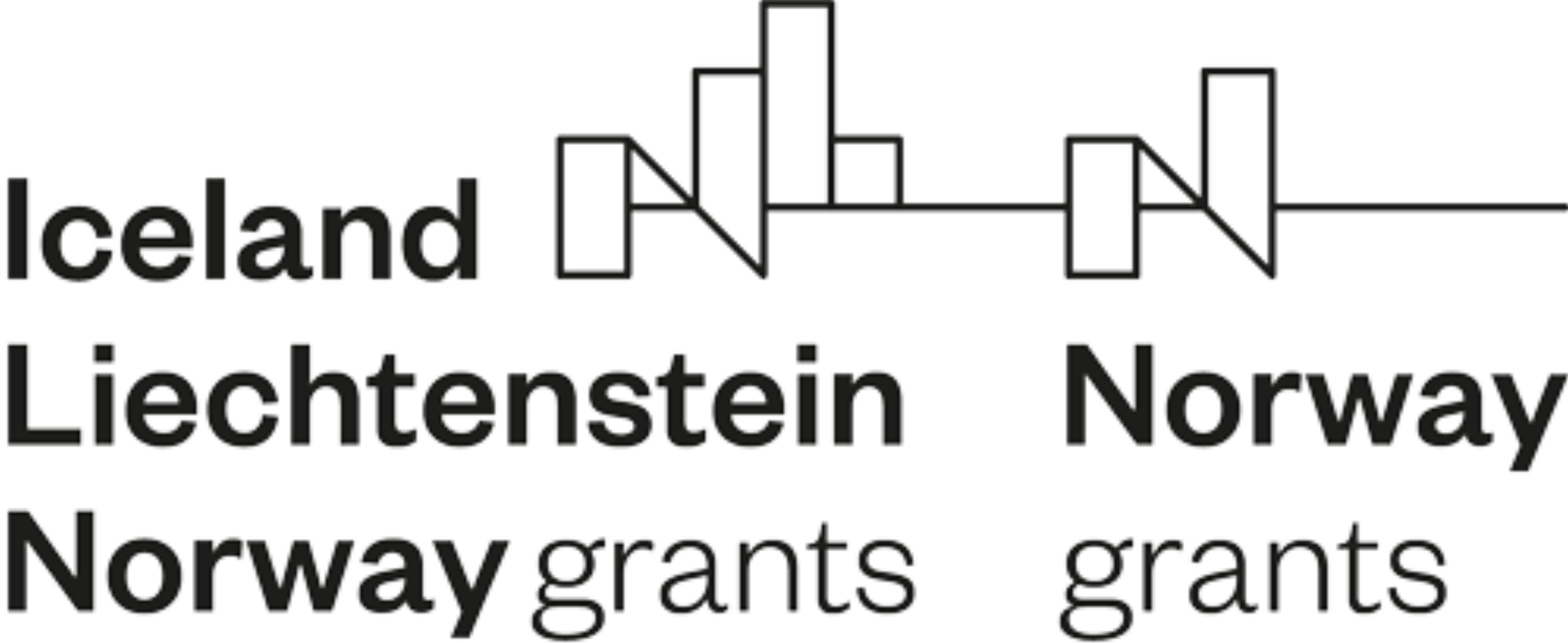Blue economy and sustainable oceans – a visit from Portugal to Norway
 Foto: Innovation Norway
Foto: Innovation NorwayOne Ocean Week
The setting of One Ocean Week in Bergen provided an excellent arena for meeting with Portuguese project partners and showcasing bilateral cooperation between Norway and Portugal. Many of the participants highlighted how Portugal and Norway share a long history and strong connection to the ocean and that both countries are attractive for investments in the blue economy.
The three day visit started off with a public seminar opened by Susana Ramos, Head of National Focal Point, EEA Grants in Portugal, Pedro Pessoa e Costa, Ambassador of Portugal to Norway, Erling Rimestad, Secretary of State for Foreign Affairs in Norway, José Maria Costa, Secretary of State for Sea in Portugal. Tove Bruvik Westberg, Norway’s ambassador to Portugal, was also present for the seminar.
EEA grants – a platform for trust
Ambassador Pessoa e Costa stated that the blue economy is an important and growing area attracting investments and highlighted the need for a common agenda in sectors where Norwegian-Portuguese partnerships can work.
“The EEA grants can and should play a more important role in exchange and closer cooperation between our countries”, the ambassador said in his opening speech, adding that we speak the same language and have a solid foundation with mutual trust, but that there is a need to materialize more projects.
Erling Rimestad, Secretary of State for Foreign Affairs, also emphasized the EEA and Norway Grants as an important part of the relations between Portugal and Norway and that we need to raise more awareness of the opportunities that can arise from cooperation in the context of our common effort towards creating sustainable industries.
Blue and green projects
One of the aims of the visit was to showcase some of the ongoing bilateral cooperation between Portugal and Norway related to the blue and sustainable ocean, financed by the EEA grants. Through the EEA Grants, Norway provides 100 million euro to support social and economic development in Portugal and increase cooperation with Norway. Approx. 38 million euro is set aside for business cooperation in the marine and maritime industries in the programme Blue Growth Innovation and SMEs.
Several projects financed by Blue Growth and the Environment were presented, among others E-REDES, a company that aims to reduce ghost fishing industry by making biodegradable fish nets. CLIMA.AML do advanced weather monitoring that predicts extreme weather, while SeaRubbish2Cap aims to recover waste from the ocean floor and create a closed system of circular economy.
Finding a common path to the Green Deal
Innovation Norway led a round table discussion on the role of the blue economy into the green transition. The participants were João Mendes Borga from COMPETE2030, André Pacheco from Centre for Marine and Environmental Research (CIMA), University of Algarve and Karianne Kojen Andersen, Innovation Manager of GCE Ocean Technology.
Moderator Gaute Hagerup, Director of Department of Special Assignments at Innovation Norway, raised a simple, yet complex question to discuss: How important is the blue sector? The panel stated that the blue economy is estimated to double its contribution by 2030, making it a sector with great impact and that there is a need for more collaboration between the international networks and clusters.
Norway and Portugal are on the path to become completely self-sufficient in terms of renewable energy with the development of offshore wind. At a certain point that will entail an overflow of capacity, creating an urgent need for storage, both on- and offshore. This was pointed out as one of many areas in which Portugal and Norway could benefit from cooperation. Borga stated that we have plenty of solutions, what we need to focus on is to select the right ones and scale them so they are useful to society.
The discussion touched upon financial mechanisms and what areas need adjustment. Andersen argued that there is a need for flexible, smaller solutions along the whole innovation cycle to support the different stages of development and the need for mobilizing private investment. Pacheco emphasized the need to reduce time to marked. Borga pointed out the synergy effect that comes from collaborations, stating that they get 30 % more impact and suggesting we should invest in collaborative projects between entities that foster innovation.
The panel also discussed that a green transition will mean that coastal communities will have to make great changes from their traditional ways of and how one can involve communities in this change. “We can’t make the transition without having people on board”, said Andersen.
Visits to ocean research insitutes
During the visit the Portuguese delegation had a chance to visit Innovation Norway's Vestland office, the Institute of Marine Research, Bergen Port, GCE Ocean Technology Cluster and the VilVite science center. On the final day they visited the Nordhordland UNESCO Biosphere reserve by boat.
 © Photo: Innovation Norway
© Photo: Innovation NorwayWhy Portugal?
See the presentation from the CEO and President of AICEP on the Portuguese market: Why Portugal?
By 2026, Portugal will invest 16,6 billion euros as part of its Recovery and Resilience Plan to implement the European Green Deal. Norwegian businesses can cooperate with Portuguese entities in calls, tenders, and projects in Portugal. See the upcoming tenders on the website for Portugal 2030.
Are you a Norwegian business interested in the Portuguese Market?
The Norwegian Embassy in Lisbon and Innovation Norway have made a course on Portugal for Norwegian actors. The course gives an introduction to the Portuguese market, the opportunities within renewable energy and other relevant industries for collaboration.
See the course here: Eksport til Portugal, digitalt kurs.
Norway and Portugal in the EEA and Norway Grants
The visit was organised in cooperation with partners in the Portuguese ministries, the Norwegian Embassy in Portugal and Innovation Norway.
Innovation Norway is partner in two programmes financed by the EEA and Norway Grants. The Grants are the contribution from Norway, Iceland, and Liechtenstein to reducing social and economic disparities and strengthening European cooperation.
Portugal - Blue Growth Innovation and SMEs
Portugal - Environment, Climate Change and Low Carbon Economy
